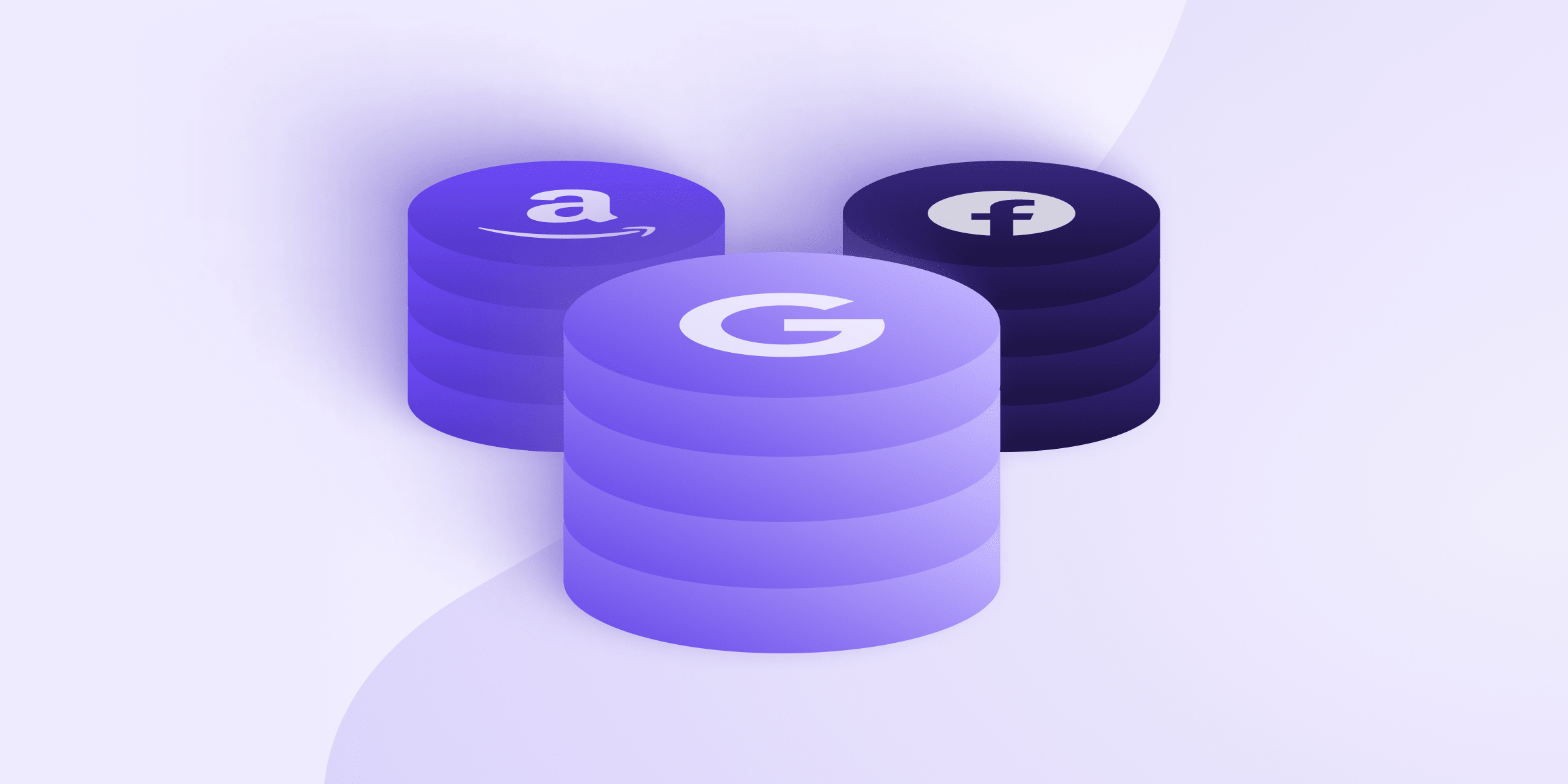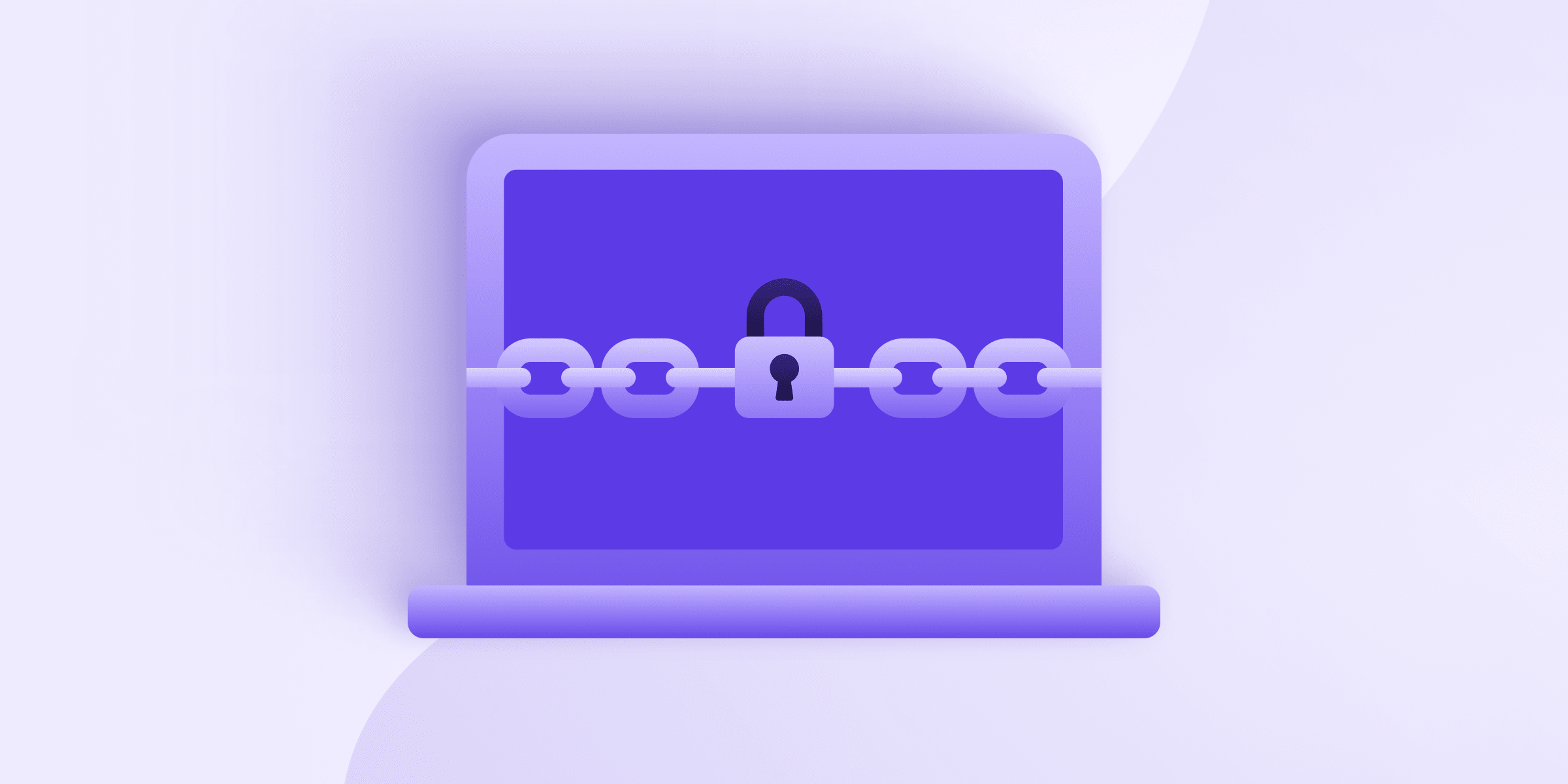The biggest tech companies in the world are quietly lobbying the governments of 14 countries to grant them legal protection from any regulatory oversight.
Few people are aware of Big Tech’s plans, shrouded in the secrecy of trade negotiations for the new Indo-Pacific Economic Framework. The US is currently negotiating with countries along the Pacific, including Australia, Indonesia, Japan, and South Korea, for a major new trade deal to compete with China. Big Tech lobbyists are taking advantage of this by attempting to insert an obscure clause into the treaty that would limit the ability of democratically elected governments to regulate them.
If they’re successful, companies like Google and Apple will be able to lock you further into their services, passing high prices down to you and crushing free market competition, without any possibility of oversight from the countries in the IPEF.
What is Big Tech trying to prevent?
After more or less regulating themselves for decades, tech companies have recently begun to face some consequences for their abusive practices. After a high-profile investigation(new window), the US Congress has introduced the American Innovation and Choice Online Act(new window), the Open App Markets Act(new window), and the AMERICA Act(new window) to curtail anticompetitive practices that stall innovation and harm users with monopolistic pricing.
Additionally, South Korea(new window), Japan(new window), and Australia(new window) have all passed or are working on major legislation that limits Big Tech’s power. These efforts, along with the EU’s aggressive enforcement of the GDPR and its anti-monopoly laws(new window), are starting to push the internet toward becoming a fair, competitive space.
Big Tech wants to prevent all countries in the IPEF from passing and enforcing legislation that would:
- Allow you to uninstall preinstalled apps and easily change your phone’s default settings.
- Ensure the app search results and rankings you see are fair.
- Make it easier for apps to tell you about promotions and cheaper options for buying their services.
- Reduce prices by ending Apple and Google’s 30% app store sales fees, which drive up costs for developers and routinely get passed on to you.
- Pave the way for alternative app stores and empower you to find services without going through Apple and Google.
How can Big Tech do this?
Dominant tech companies use their economic power to win favorable concessions in trade deals. Only appointed trade advisers(new window) can participate in the confidential negotiations, and these advisers disproportionately represent Google, Apple, Amazon, Facebook, and their trade associations.
With IPEF, even Congress has been shut out of negotiations, which limits accountability and transparency. Both Democratic(new window) and Republican(new window) lawmakers have spoken out to oppose the US Trade Representative’s usurpation of congressional authority to craft domestic tech policy.
The ‘digital trade’ argument
Big Tech invented the concept of “digital trade”(new window) to use international trade agreements to accomplish policies they failed to persuade lawmakers to pass in domestic policy.
Typically, a trade agreement governs how goods are exchanged between two or more countries. It tries to limit or prevent tariffs, excessive regulation, and other obstacles placed on goods because of where they’re manufactured or assembled. For example, a traditional trade agreement would prevent the US from imposing tariffs on Hyundai or Kia vehicles because they’re built in South Korea.
Digital trade is different because there is no barrier to trade. Users don’t need to import Chrome browser, Facebook Messenger, or WhatsApp into a country. However, Big Tech lobbyists have advanced the argument that any policy that has a greater impact on specific tech companies is illegal trade discrimination.
Under this logic, anti-monopoly legislation could be unenforceable since it only affects companies that abuse their dominant market power.
How to prevent tech monopolies from securing their power
In the face of mounting pressure from consumers and lawmakers, Big Tech has abandoned attempts to persuade people with ideas. Instead, these companies are resorting to money and power to subvert democracy.
This is especially unfortunate since, in many respects, Washington leadership has taken a tough line on Big Tech excesses. Their progress could all be undone if the IPEF enshrines digital trade provisions.
At Proton, we believe the internet should serve people, not corporations. We call on everyone to voice your displeasure at having unelected lobbyists dominating trade discussions in service of preserving Google and Apple’s attacks on privacy and freedom of choice.
We’ve sent a letter with other like-minded tech companies to the US Trade Representative Katherine Tai and US Secretary of Commerce Gina Raimondo, urging them to stand up for the democratic process and a free, fair, and better internet and reject Big Tech’s demands.
If you’re a US voter, we also invite you to write to your elected representative to tell them that Big Tech lobbyists shouldn’t be able to overrule democratically passed anti-monopoly laws.











